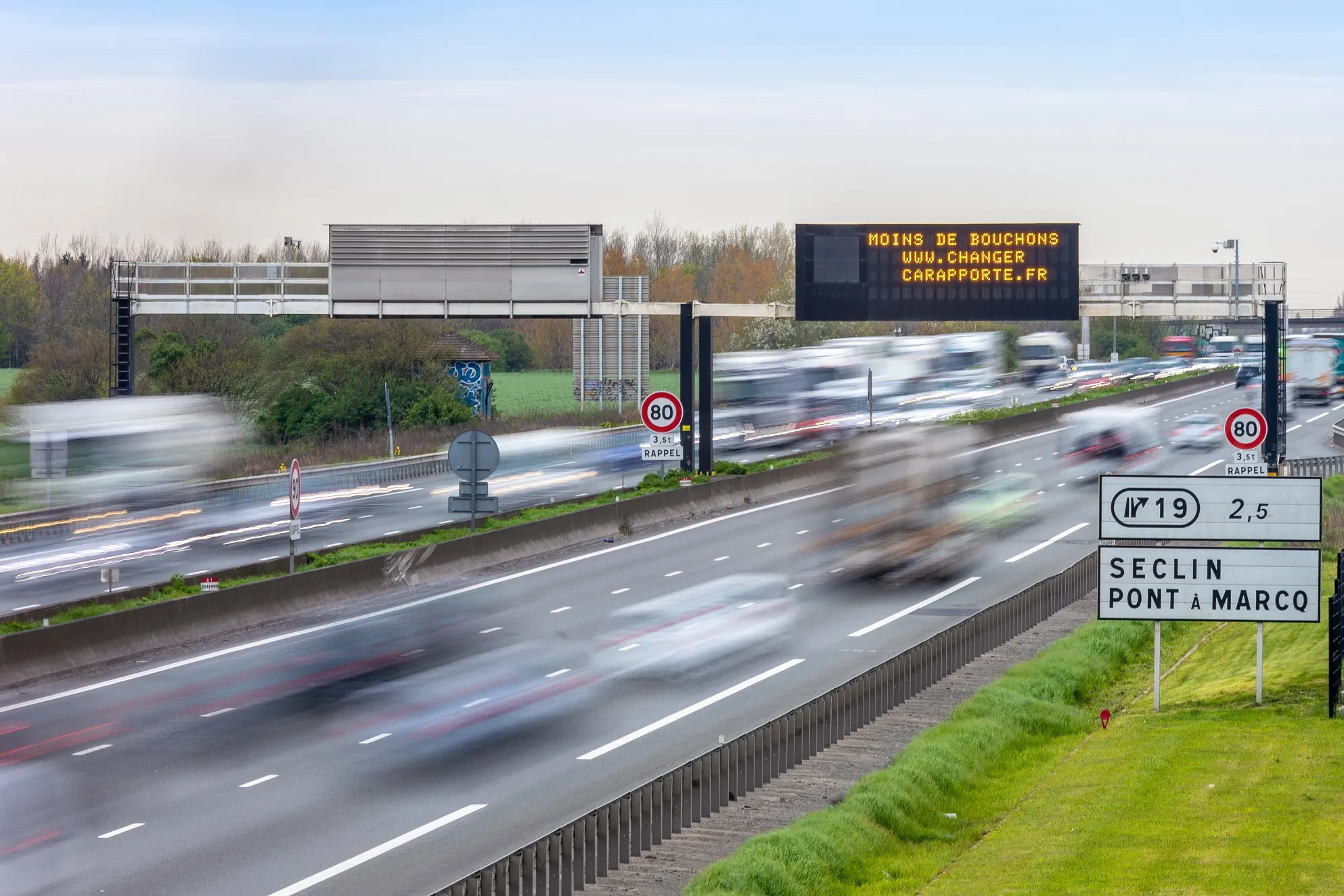
Payment specialist Worldline is operating what it calls a 'reverse toll' solution in France for Lille Metropole.
The French city's anti-congestion initiative - called Ecobonus - rewards car drivers who change their habits by avoiding congested main roads, working from home or changing their work hours.
It is being tested on the A1 and A23 - both motorways which are heavily congested at peak hours - and aims to reduce traffic by refunding a part of the car drivers’ transportation subscriptions for every trip they avoid making.
Worldline is handling the technical aspects and overall management of the project, while communications agency DPS is running the 'Changing pays!' information programme.
It also designed the dedicated website and mobile app, on which drivers can register their mode of transport and receive reward payments.
Aurélien Barbier-Accary, director of mobility & e-transactional services at Worldline France, comments: "In addition to supporting various public transport projects, Worldline is helping to change users' habits by offering practical, sustainable alternatives that are in line with what the local authorities have to offer."
Amandine Deberdt, consulting director at DPS, adds: "Supporting Lille Metropole on this ambitious project in partnership with Worldline is very rewarding and allows us to rally all the agency's business lines around a project that makes sense. As part of the communication campaign, our main objective was to succeed in conveying a clear and attractive message to promote this programme, which may seem complex at first glance".







